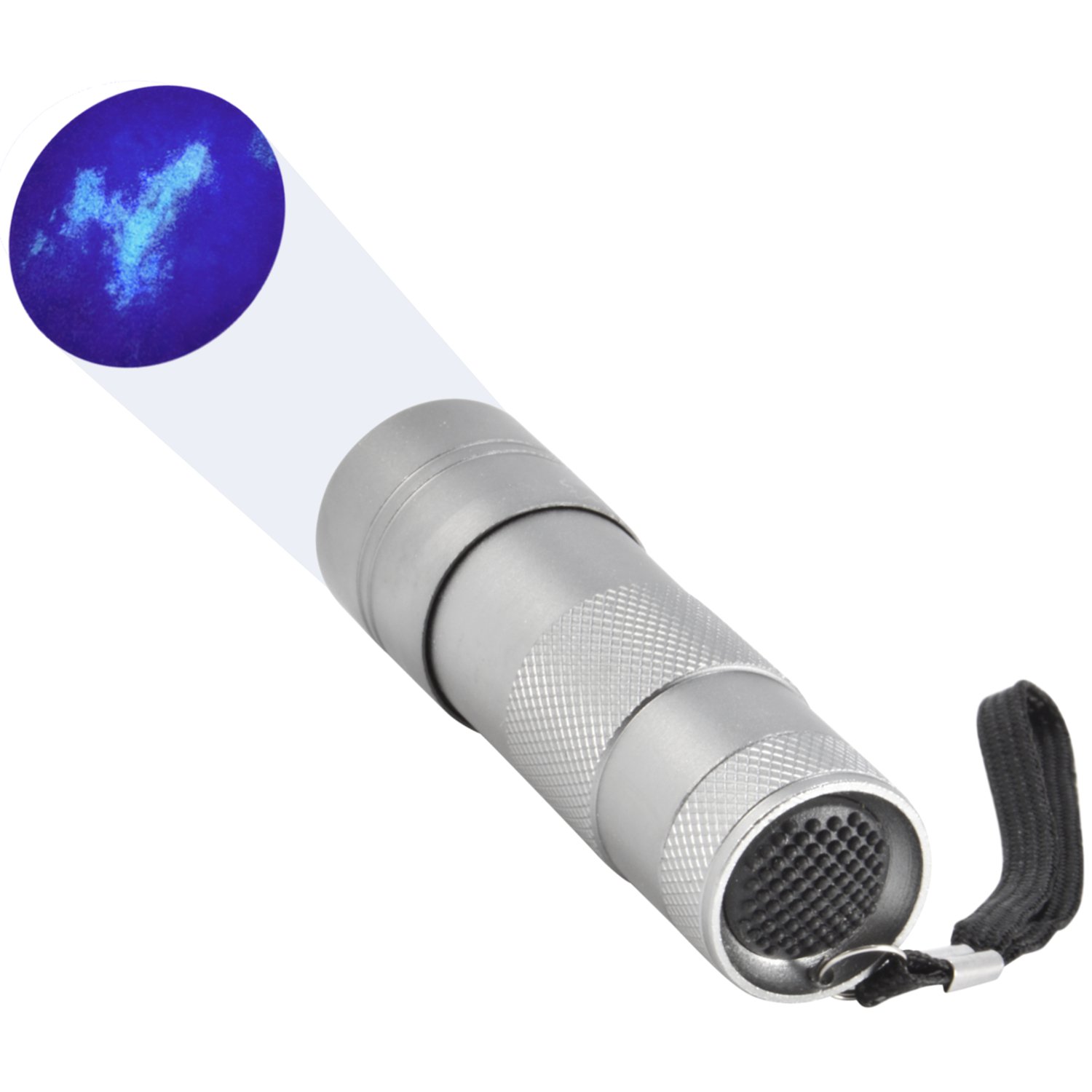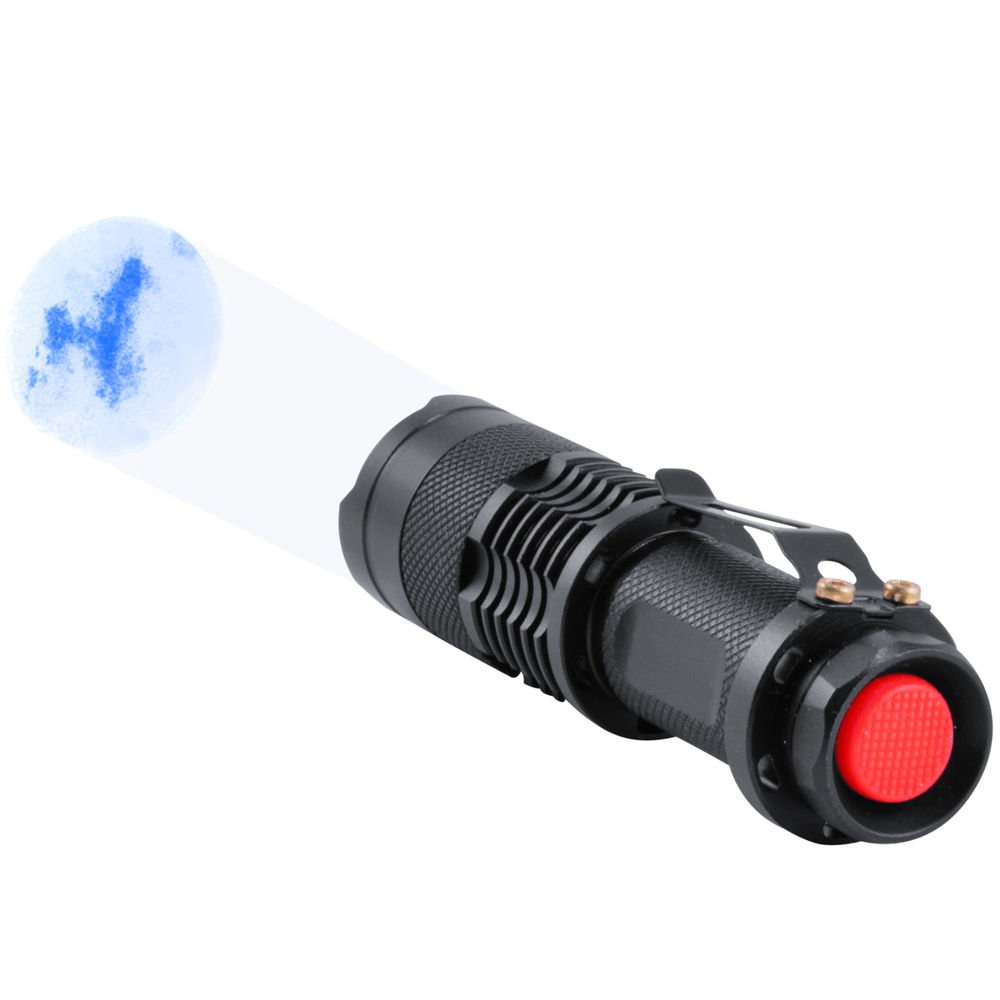

How to watch TV without the painful eye strain If not, talk to an eye doctor to make sure it's not something more serious. If your eyes feel terrible on a regular basis, change up your habits, reduce the brightness of your displays, and see if that helps. You can do this by turning down the overall light output of the TV, or, counterintuitively, increasing the light in the room. In general, the way to prevent this is reducing the average amount of light hitting your retina. They get fatigued, causing the tired, scratchy feeling. But the parts of your retina getting hit by the light from the TV are overwhelmed. A dark room with a bright TV is still, on average, dark.

Your eye adjusts to the average amount of light hitting your retina. Someone shining a flashlight in your eyes at night is annoying, right? But standing in a room with the lights on isn't. Actual HDR on an HDR TV will be brighter.) The highlights of HDR content on HDR TVs are much brighter than "normal" standard dynamic range TVs. Modern TVs are so much brighter than older TVs that even at lower backlight settings they can still be eye-searingly bright. Any TV that's too bright in a dark room can cause eyestrain. I put "issue" in quotes for this section because the exact same thing can happen with non-HDR material. If you've ever stared at your phone in a dark room, you've probably experienced this. However, if you're watching TV in a dark room, which we highly recommend for any high-quality video experience, those sizzling highlights may seem too bright, causing your eyes to become sore or scratchy. This is great, as it makes an image that really pops in a realistic way. For example, the sun or a streetlight will be noticeably brighter than the surrounding scene. Mid- and higher-end TVs offer significantly more brightness when watching HDR content. Nearly all modern TVs have HDR to some extent. It's available on PlayStation and Xbox game consoles and streaming services including Netflix, Disney Plus, Amazon Prime Video and Hulu. High dynamic range, or HDR, is the latest TV tech. What is HDR and why is brightness an "issue"? If these don't help, and you've tried dimming your phones and laptops too, you should talk to an eye doctor to make sure there isn't a bigger issue. The same goes for the TV at home.įortunately, there are a few things you can do about TV-related eye pain and still get in your binge watches of your new favorite show. Cinemas are dark for several reasons, but related to this topic it's for better immersion into the movie. The whole point of that bright light is to stare at it! It's also perfectly normal to want to watch TV in a dark room. You want to blink and turn away, but naturally you can't. When it comes down to it, staring at your TV in a dark room is like someone shining a flashlight in your eyes.
BUY A BLACK LIGHT FLASHLIGHT NEAR ME PORTABLE
If you're already dimming your portable devices, it's worth considering some steps for the biggest of your home screens. Modern TVs are also bright enough they could be a culprit. Phones and computers deservedly get most of the blame and attention. Eye soreness, ranging from stabbing pain to a gritty/sandy feeling, can often be caused by staring at bright screens for too long.


 0 kommentar(er)
0 kommentar(er)
